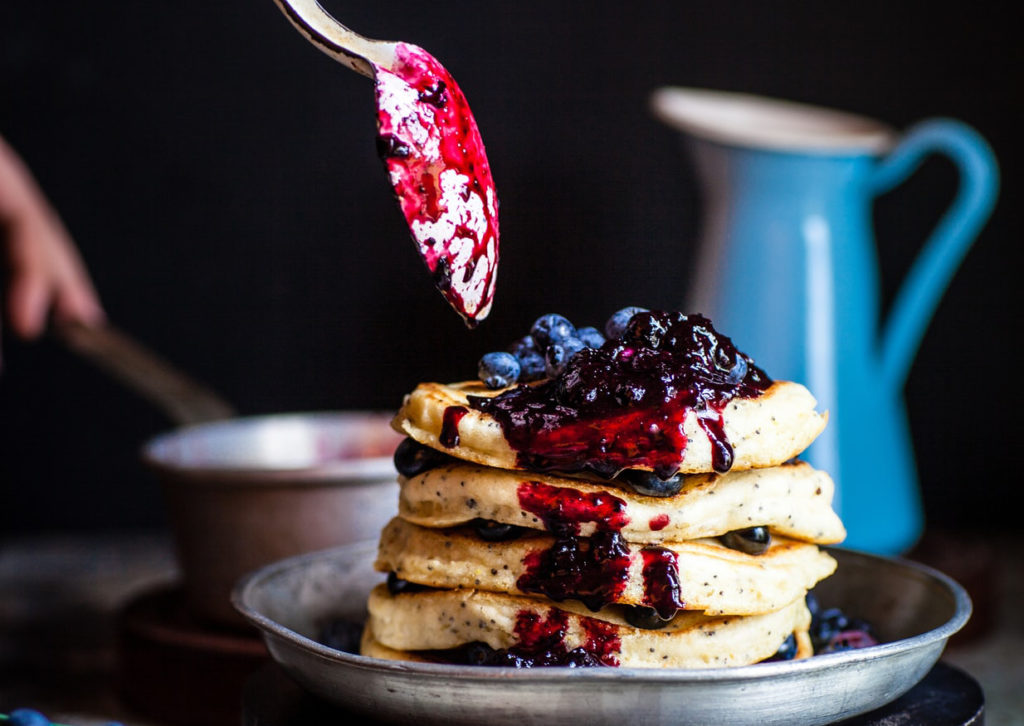
Not sure what to do with frozen fruit? You can add frozen fruit to smoothies, oatmeal, yogurt. You can thaw and mash frozen fruit to make fruit sauce for whole-grain pancakes.
This article originally appeared in the May 2021 edition of Senior Scope. Article by Seth Thomas.
The pandemic has meant that at any time, we could be exposed to the coronavirus and asked to quarantine. That begs the question: if you had to suddenly enter quarantine for the next two weeks, would you have enough food in your pantry?
Pantry items – the foods you can store for longer stretches of time in your cupboards, freezer or refrigerator – are relatively inexpensive. However, not all pantry items are created equal. Some items are not as nutritious or contain way more salt and sugar than you might realize.
Coastline Dietitian Stephanie Boulay offered a few pointers to keep in mind when it comes to stocking up.
Fruits and vegetables:
In addition to lasting longer than fresh produce, frozen fruits and vegetables are often cheaper and are available year-round. The crops are canned or frozen shortly after they’re harvested and will retain their nutritional value in the process. Fresh produce, especially out-of-season items, may have had to travel a great distance before arriving at the grocery store.
Frozen or canned options are also versatile. You can incorporate frozen fruit in smoothies, oatmeal or yogurt. You could thaw and mash frozen fruit to create a fruit sauce to have over whole-wheat pancakes. Frozen or canned vegetables can be added to stir fries, quesadillas, casseroles, pot pies and chili.
When making a selection at the grocery store, avoid canned or frozen products that come packaged in sauces or syrups, which are often loaded with extra salt or sugar. If you’re buying canned fruit, buy it in 100 percent juice, not syrup.
Pantry Proteins:
It’s important to have some sources of protein in your pantry. Canned fish or chicken can be added to salads and pasta dishes, and you can even make salmon patties or chicken pot pies from canned options. Beans, which you can buy canned or dried, are another great source of protein.
“Beans are versatile, high in fiber, very high in protein, loaded with vitamins and minerals, and inexpensive,” said Boulay. “When you’re shopping, look for ‘no salt added’ or ‘low sodium’ options. If you can’t find those options, make sure to rinse the beans before you use them because you’ll remove almost half the sodium that way.”
Nut butters, like peanut butter, are another source of protein, but be mindful of “reduced fat” options.
“Nut butters have a ton of heart-healthy fat in them. But some brands can add a lot of oils to make them stiff. Try to avoid ‘reduced fat’ brands because the whole point of eating nut butter is to get the heart-healthy fat,” Boulay said. “Reduced fat brands tend to add lots of sugar to make up for the lack of taste.”
COVID Stress-Eating:
While it may be tempting to load your pantry with sugary snacks and salty chips, be mindful that the pandemic has been a stressful time, and that could prompt even the most stalwart health-nut to indulge on junk food.
“If you’re feeling stressed out, the power of later is huge,” said Boulay. “If you’re stressed, and you’re having a craving for ice cream, tell yourself, ‘I can have ice cream, but I’m going to have it later.’ Food cravings can be intense, but they only last for about twenty minutes.”
Resources
- For more health tips, tune in to “Cooking Healthy with Coastline,” a long-running TV show produced by Dartmouth Community Media (DCTV). Boulay will lead you through a recipe and give you tips and tricks to eat healthy on a budget. Past episodes can be viewed on Coastline’s website at coastlinenb.org/cooking-healthy.


Recent Comments